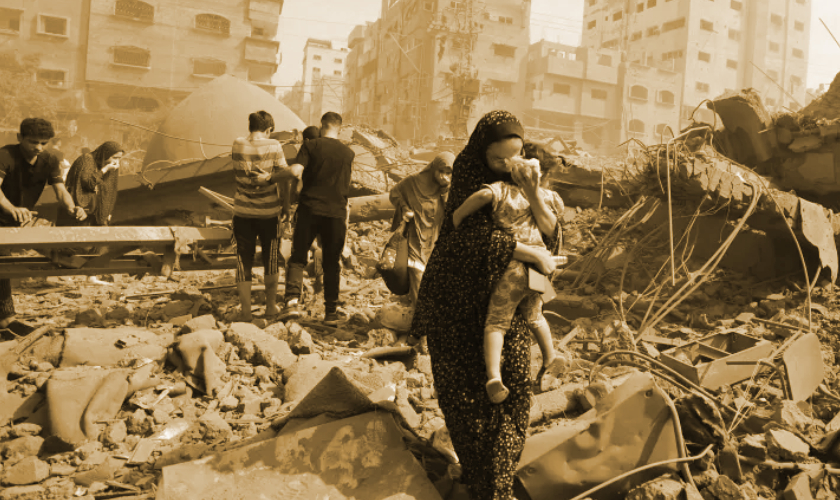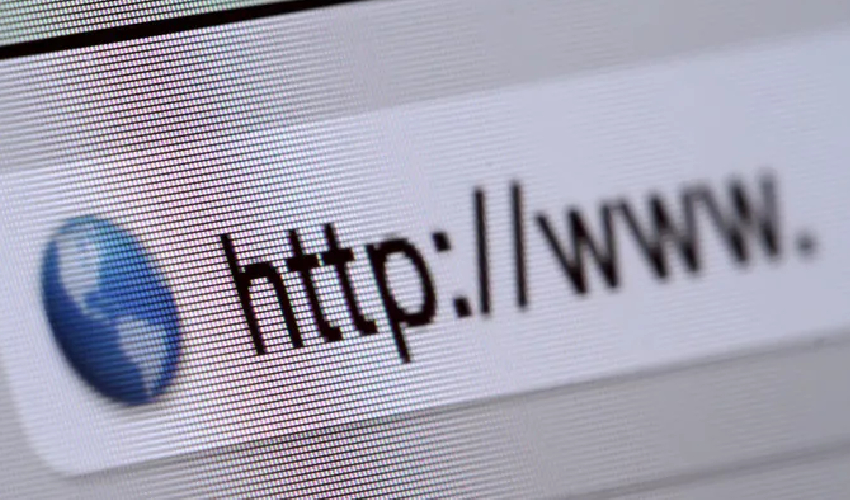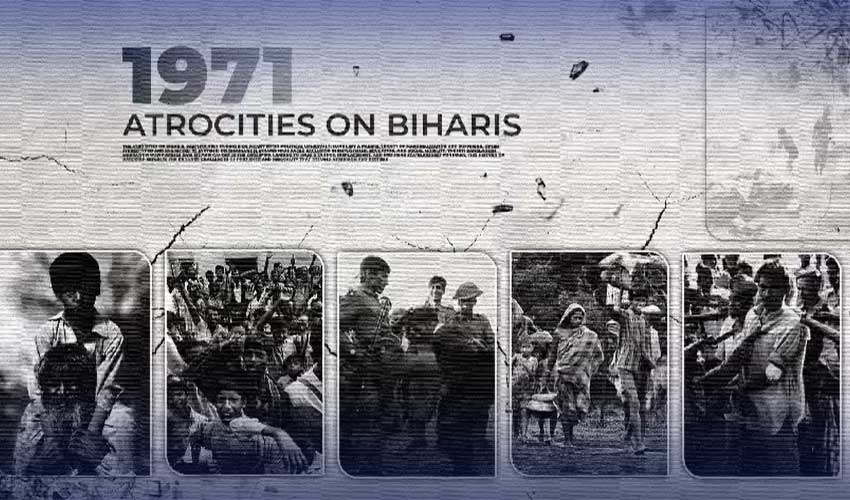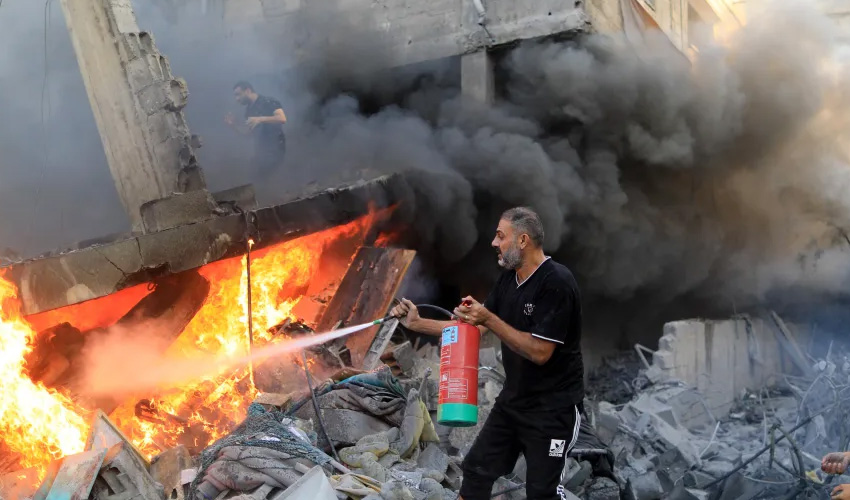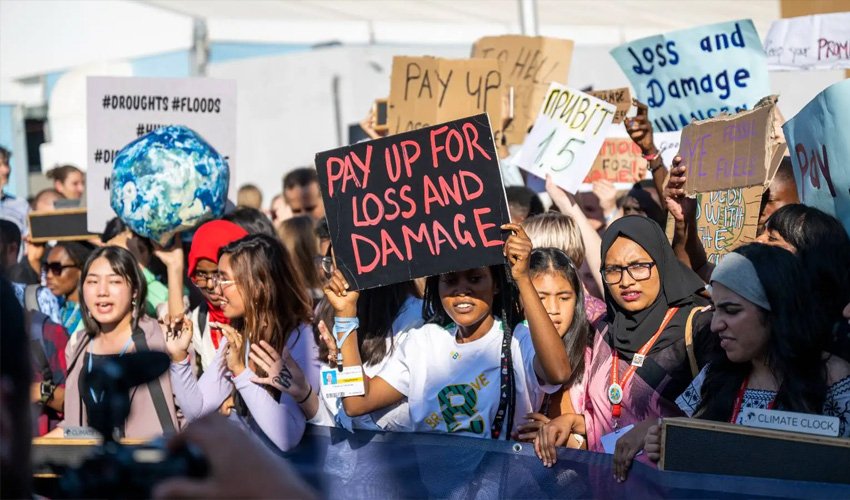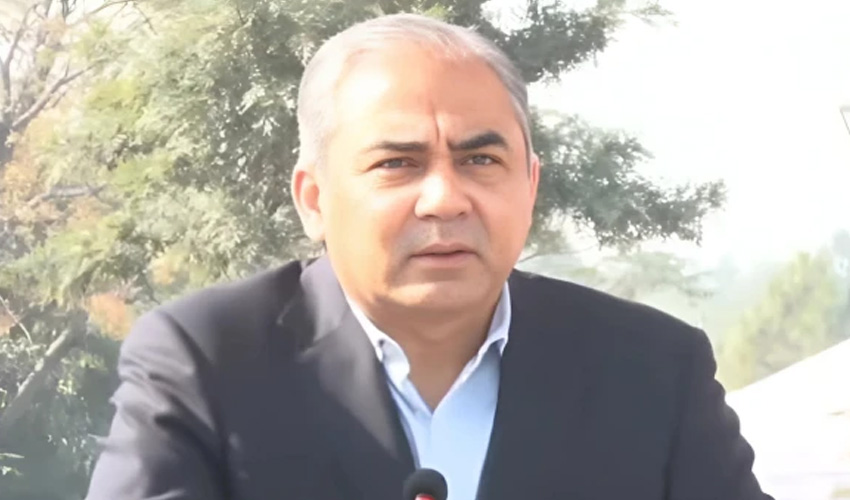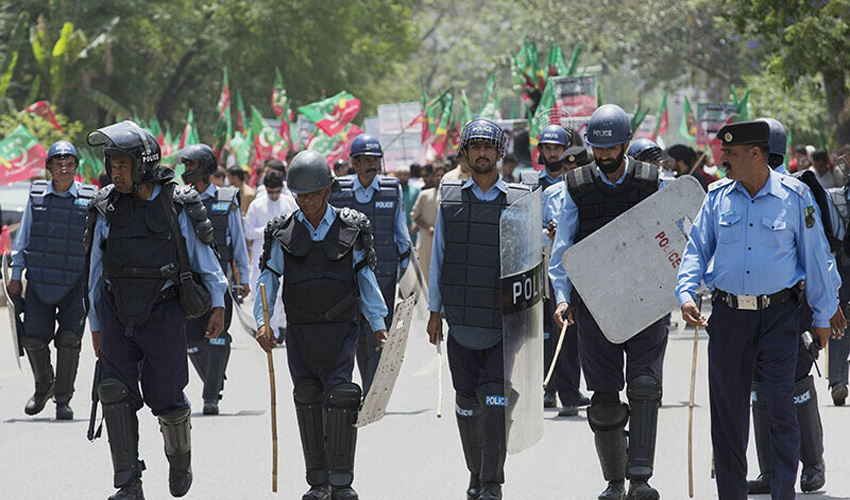In a region rife with conflict, Israel's ongoing struggle with Hamas in Gaza has escalated into a multifaceted crisis that spans diplomatic secrecy, stubborn resistance, and desperate underground battles.
The situation is causing widespread concern, with international actors pushing for a ceasefire, while Israel rejects such calls.
Leaked document reveals Israel plans Gaza residents' transfer to Sinai.
A leaked document from Israel's Ministry of Intelligence, as published by WikiLeaks, has unveiled a controversial plan to forcibly relocate Palestinians living in the Gaza Strip to Egypt's Sinai Peninsula.
Dated October 13, the document outlines a strategy involving three stages.
Firstly, tent cities would be established in the Sinai desert to house displaced Gazans.
Subsequently, a humanitarian corridor would be opened for them to escape the violence and siege in Gaza.
The final phase of the plan would involve the construction of cities in North Sinai, making it difficult for the displaced Palestinians to return.
This revelation has raised significant concerns not only among the Palestinians but also in the international community.
Critics argue that such a forced transfer amounts to the expulsion of Palestinians from their homeland, a move explicitly opposed by Arab countries.
The plan's potential consequences have intensified the already critical situation in the region.
Ceasefire rejection: Netanyahu's stance
Amid this turmoil, Israeli Prime Minister Benjamin Netanyahu has vehemently rejected international calls for a ceasefire with Hamas.
In a recent statement, he declared, "Calls for a ceasefire are calls for Israel to surrender to Hamas, to surrender to terrorism... this will not happen."
This uncompromising stance reflects the Israeli government's determination to continue its military operations against the Gaza-based Hamas, which it holds responsible for the conflict.
The ongoing clashes have already taken a severe toll on the people of Gaza.
Hospitals are struggling to cope with the inflow of casualties, and the United Nations has reported the breakdown of civil order in the territory.
As calls for a ceasefire persist, there is increasing international pressure on Israel to reconsider its position and put an end to the suffering of the Gaza population.
Israeli forces enter Gaza tunnels to confront Hamas militants
Simultaneously, Israeli forces have launched a ground offensive in Gaza, targeting Hamas militants entrenched in their tunnel network.
This subterranean confrontation has intensified the conflict, leading to a high death toll and prompting urgent appeals for humanitarian aid.
The tunnels have proven to be a challenging battleground for Israel, as they allow Hamas to move and launch attacks from concealed locations.
The situation has raised significant concern among humanitarian organizations and the international community.
The World Health Organization's Rick Brennan noted, "It's a disaster on top of a disaster. Health needs are soaring, and our ability to meet those needs is rapidly declining."
The violence has worsened an already dire humanitarian situation, and the suffering of Gaza's population continues to escalate.
International response and regional tensions
The conflict in Gaza has got a lot of international attention, and people have called for a de-escalation and humanitarian help.
Russian President Vladimir Putin accused the United States of being responsible for the "deadly chaos" in the Middle East, reflecting the global division on the issue.
The Israeli-Palestinian conflict has also spilled over into other regions.
The occupied West Bank has witnessed violence, with Palestinians being killed by Israeli fire, while an attack in annexed east Jerusalem has further inflamed tensions.
The United States has warned against increased involvement by Israel's enemies, particularly Iran-allied "axis of resistance" groups, which has led to further regional tensions.
Israel has also engaged in hostilities in neighboring countries, striking targets in Syria and exchanging fire with Hezbollah in Lebanon.
The UN's warnings and calls for ceasefire
UN Chief Antonio Guterres has expressed grave concerns about the deteriorating situation in Gaza.
He described it as "getting more desperate by the hour" and warned against the "collective punishment" of Palestinians.
The United Nations and humanitarian organizations have repeatedly called for a ceasefire to allow the delivery of vital aid and to end the suffering of the Gaza population.
The humanitarian crisis in Gaza
The weeks of siege have brought fear and desperation to Gaza, with essential supplies such as water, food, and fuel cut off from the long-blockaded territory.
Hospitals in northern Gaza have even received evacuation orders, despite housing thousands of patients and displaced individuals.
The dire situation in Gaza necessitates immediate humanitarian intervention to prevent further loss of life and alleviate the suffering of the population.





